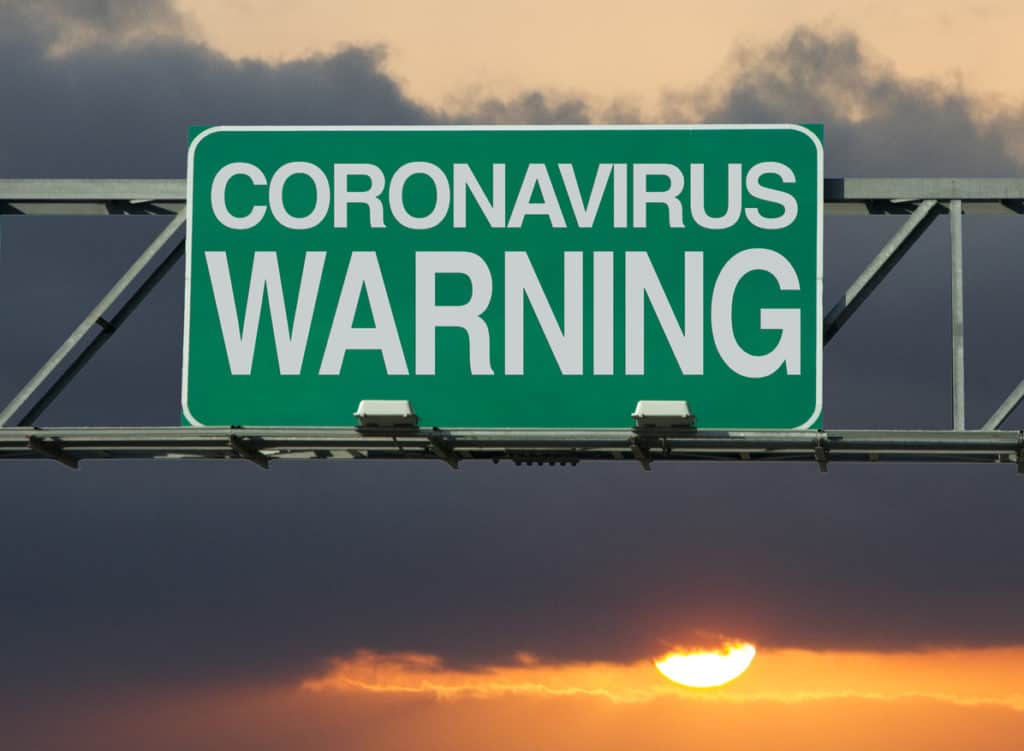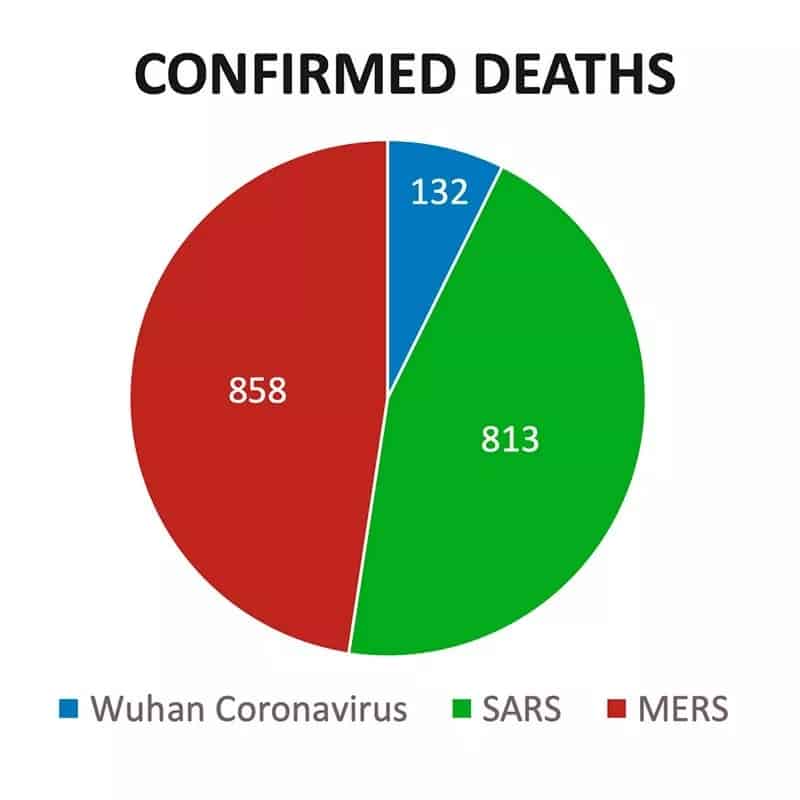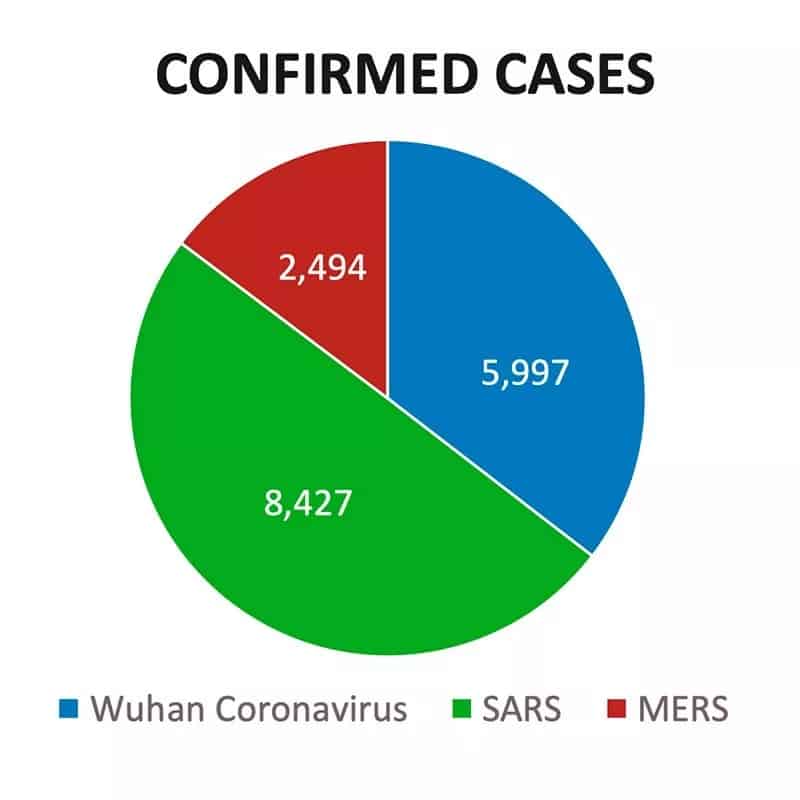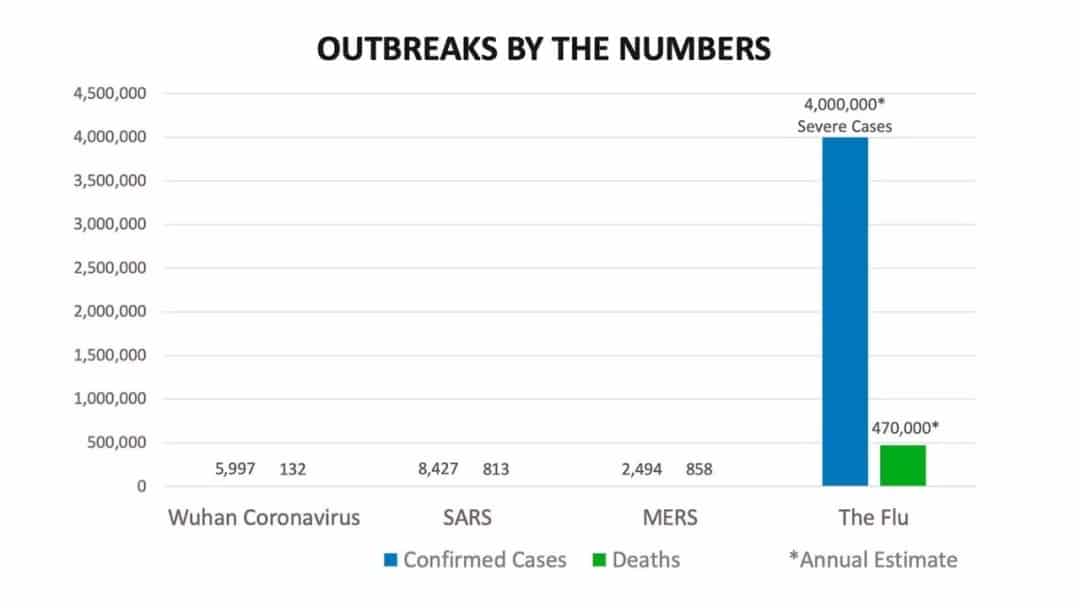The new coronavirus originating in Wuhan has caused much concern throughout China and the rest of the world.
The primary symptoms of the virus are a dry cough, fever and breathing problems. In severe cases, an infected individual can develop pneumonia from it. There are two types of pneumonia, bacterial and viral. If you have bacterial pneumonia, you can be treated with antibiotics, and if you have viral pneumonia the treatment is more generic: rest, drink fluids and manage your fever.
Play it Safe and do not Panic!
Like you, we’ve been watching Wuhan Coronavirus infection number “in real-time” with morbid curiosity.
An unprecedented number of digitally connected people are paying very close attention to this situation worldwide, making all manner of charts, graphics and social media posts (ourselves included) with what they find. Many are updating these items every minute of every hour, and hold in their hands the world’s most powerful publishing tool: a web-enabled mobile phone.
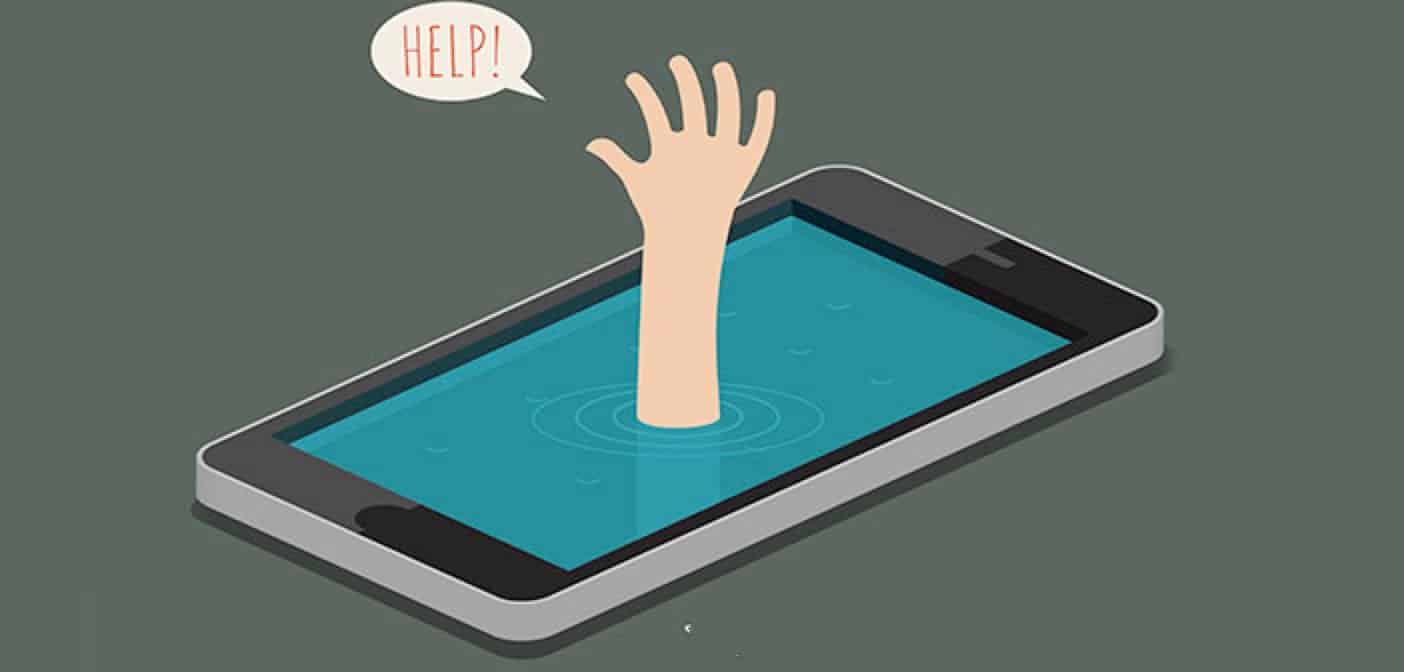
Only trends over several days — actually more like weeks — are likely to tell us how things are going to turn out in the end. A trend of one hour or even one day at this point is more indicative of ineffectual reporting lines rather than the spread of the actual virus.
All we can do in the meantime is play it safe, focus on the facts and try to avoid being part of the chain of transmission — of both viruses and, more important, of panic.
Putting the Coronavirus in Perspective
For reference, let’s take a look at the Wuhan coronavirus as it compares to three cases you are probably somewhat familiar with already: SARS, MERS and the flu.
Wuhan Coronavirus (2019-nCoV)
The Wuhan Coronavirus was first documented in December and is believed to have originated at a wet market. A coronavirus is a family of viruses that can cause the common cold and other more serious illnesses (see below). The Wuhan Coronavirus currently has 5,999 confirmed cases, and 132 deaths as of the time this article was published (2020/01/25, 12:30), as reported by DingXiangYuan.
SARS (Severe Acute Respiratory Syndrome)
Many of you might remember the SARS outbreak in 2003. It is believed to have originated from bats and was first reported in Asia. SARS was caused by a coronavirus, and according to the CDC, 8,427 people worldwide became ill with SARS, with 813 resulting deaths. Fortunately, no cases of SARS have been reported since 2004.
MERS (Middle East Respiratory Syndrome)
MERS was another illness caused by a coronavirus, first reported in the Arabian Peninsula in 2012. 2,494 cases have been documented as of 2019, with 858 associated deaths.
The Flu
The flu is caused by influenza viruses, and according to WHO, is estimated to result in 3 to 5 million cases of severe illness and 290,000 to 650,000 respiratory deaths each year. While recovery generally takes from a few days up to two weeks, there can be complications that arise from it, one of the most serious being pneumonia.
Taking these figures into consideration can hopefully ease some of the anxiety experienced by the people that currently remain in China.
Of the people that have died as a result of contracting the coronavirus, the majority have been above the age of 40 and have had underlying conditions that compromised their immune systems. What is concerning at this time is that the virus is unpredictable and can be transmitted from one person to another, although the extent remains unclear.
Doctors generally advise washing your hands often, wearing masks in public places, keeping warm and staying hydrated by drinking plenty of water. By taking the necessary precautions, it is believed you can drastically lower chances of contracting the virus.
Source: The Beijinger, Baopals.
What do you think about the situation?
Let us know in the comments!
Coronavirus: Read More
⇣
Wuhan Coronavirus: Latest stats and info
Should I Stay or Should I Go Now?
13 Things to Know about the Outbreak
How to Track the Latest Coronavirus Stats
Coronavirus: Chengdu Statistics and Information
